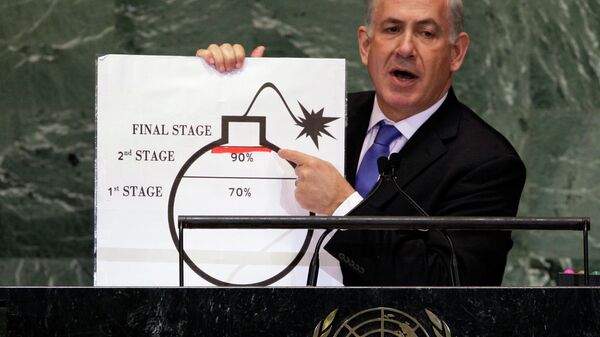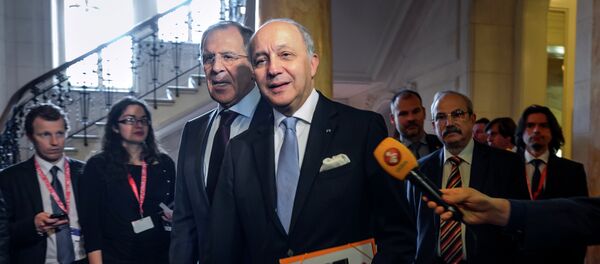“The time that Iran needs to get fissile materials for a nuclear bomb will be not years as it was said in the very beginning. According to our assessment, it will be reduced to less than a year and probably will be a lot sooner,” Netanyahu said at the swearing-in of the 20th Knesset.
The Israeli prime minister has long been a vocal critic of the ongoing efforts by international mediators to reach a nuclear deal with Iran saying that the emerging agreement would not have the desired effect and enable Iran to produce a nuclear bomb.
The international mediators have been in talks with Iran since November 2013 trying to reach a deal that would ensure the peaceful nature of its nuclear program.
The deadline for reaching a final agreement has been postponed several times, with the most recent one set for July 1, 2015.



